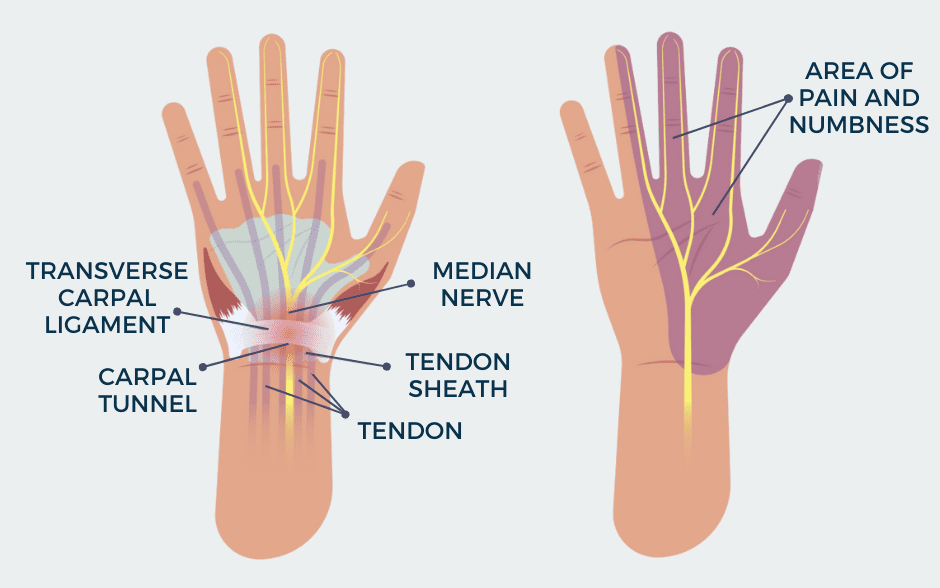When the Diaphragm Is to Blame: How Physical Therapy Can Relieve Acid Reflux Naturally
Many people associate acid reflux and heartburn with dietary triggers or excess stomach acid. While those factors can play a role, few realize that the real problem often lies higher — in the diaphragm. This dome-shaped muscle separates the chest and abdomen and plays a crucial role in both breathing and digestion. When the diaphragm becomes tight or restricted, it can interfere with the proper function of the esophagus and stomach, leading to reflux symptoms that may not be resolved by medication alone.
The Hidden Role of the Diaphragm
The diaphragm moves up and down with every breath. Its free motion allows the stomach to expand and contract naturally. However, stress, poor posture, abdominal surgeries, or chronic tension in the fascia surrounding the diaphragm can make it less flexible. This restriction can increase abdominal pressure, weaken the esophageal sphincter, and cause stomach acid to move upward — creating the burning sensation known as heartburn.
Fascial Counterstrain: A Gentle and Targeted Approach
At PDR Physical Therapy & Wellness Center, we take a different approach. Our therapists use Fascial Counterstrain therapy — a gentle, hands-on technique that identifies and releases fascial tension around the diaphragm, esophagus, and digestive organs. By reducing strain in these areas, the therapy restores normal mobility and helps your body regulate digestive pressure naturally.
Unlike conventional treatments that mask symptoms with acid-reducing medications, Fascial Counterstrain focuses on the root cause: restoring balance in the fascial system. The results often include improved digestion, reduced reflux episodes, and easier, deeper breathing.
What to Expect During Treatment
During a session, your therapist will gently test different areas of your body to locate fascial restrictions. Treatment involves subtle positioning that allows the nervous system to reset and the fascia to relax. Many patients notice a sense of deep calm and easier breathing even after the first visit. Over time, this leads to better digestive comfort and fewer reflux flare-ups.
Supporting Your Recovery
Your therapist may also suggest posture corrections, breathing exercises, or gentle stretches that support the diaphragm’s mobility. Combining Fascial Counterstrain with healthy habits — such as mindful eating and avoiding late-night meals — can significantly enhance long-term results.
Learn More
If you experience persistent acid reflux, heartburn, or upper abdominal tightness, you might benefit from our visceral and diaphragm-focused therapies. Explore our approach to Fascial Counterstrain or contact us to schedule a consultation.
💗 Restore diaphragm mobility, reduce reflux — gentle, non-invasive therapy available in Mount Prospect for patients across the Chicago suburbs.


















